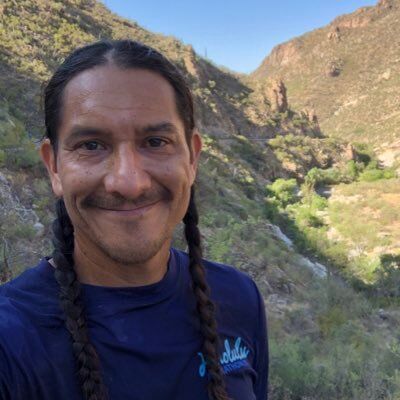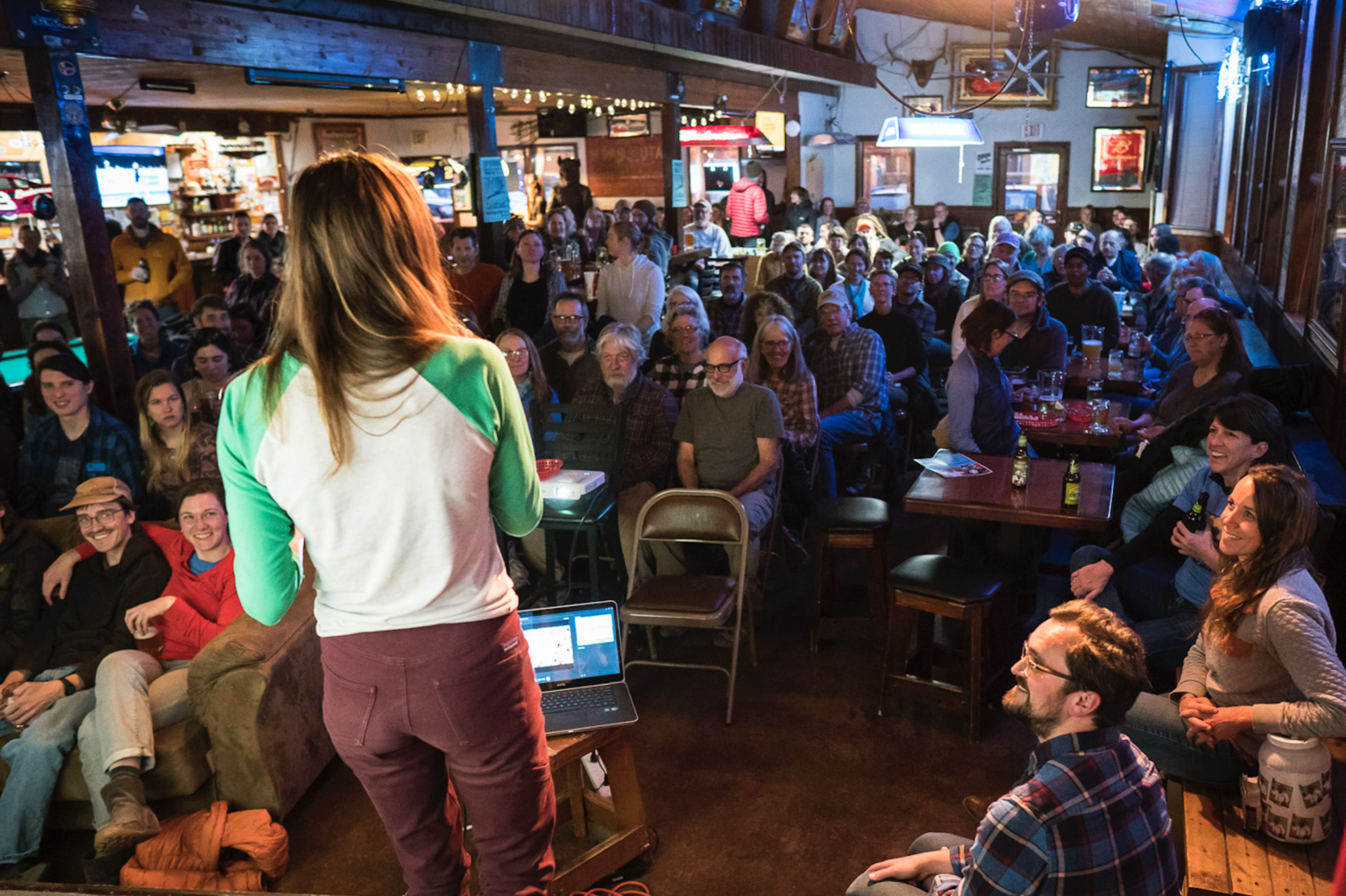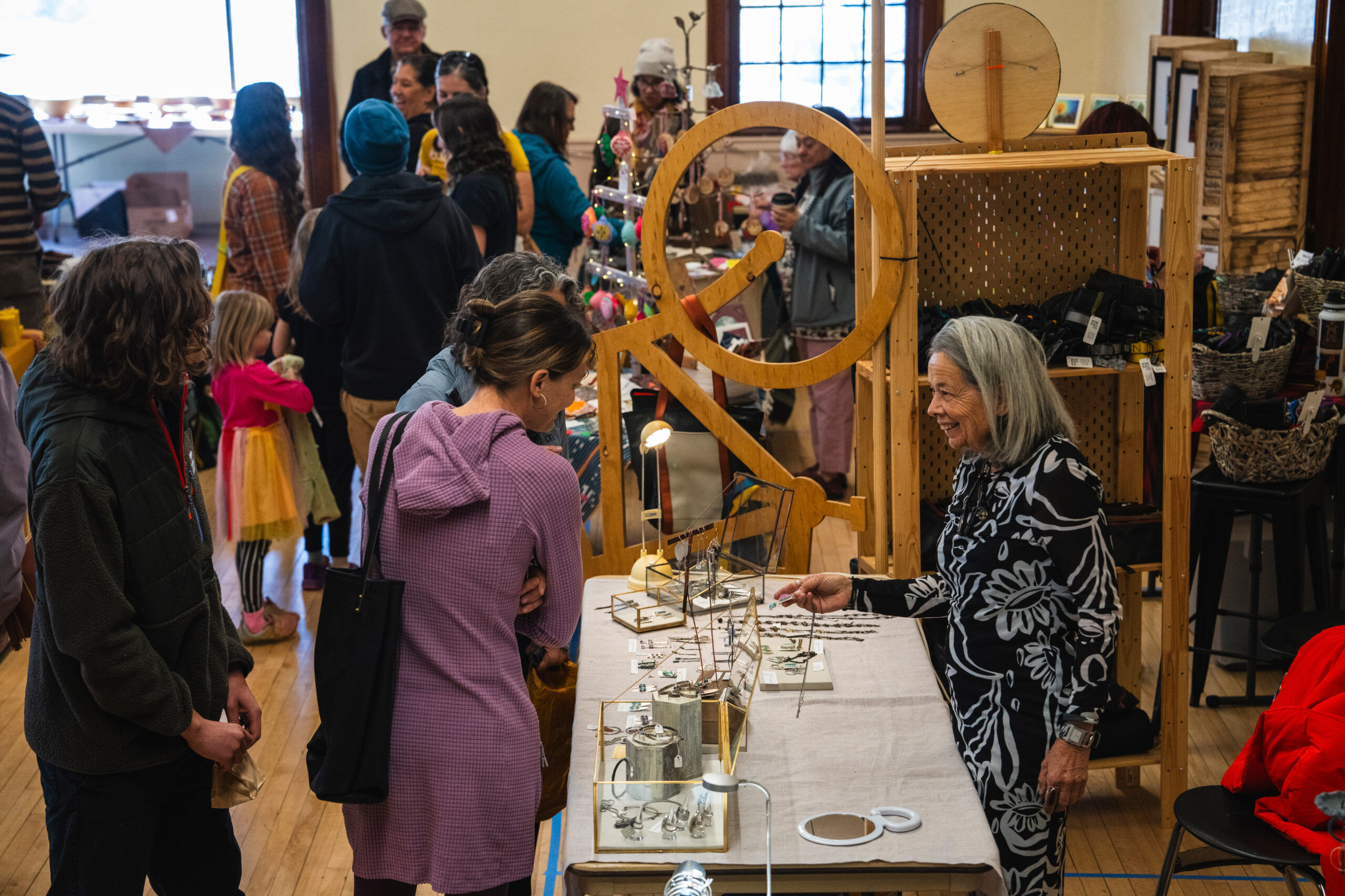Some information may be outdated.
Though Western science prizes objectivity and neutrality, the scientific field itself is often anything but, having grown from colonialist and racist narratives. This week, we speak with Sergio Avila, a coordinator for the Sierra Club’s Local Outdoors program and a scientist studying jaguars. Avila became an advocate after seeing and experiencing racism in the scientific and conservation fields. Here, Science Moab and Avila discuss prejudice, decolonization practices, and how to harness knowledge for positive change.
Science Moab: When you came to the U.S., what stood out about the conservation world?
Avila: I could see that I fit as a scientist, but I did not fit in as an Indigenous person and as a person of color. Scientists in conservation are primarily white, which leads to a narrow set of values surrounding conservation.
Science Moab: How did you see these values at play?
Avila: One of the most widespread issues I have noticed is how the white conservation community continues to glorify role models who espoused racist views. Everyone knows and glorifies John Muir, Rachel Carson, and Aldo Leopold. This is a quote from John Muir: “a strangely dirty and irregular life these dark-eyed, dark-haired, half-happy savages lead in this clean wilderness.” That is how John Muir judged Indigenous communities. It is time for conservation groups, organizations, scientists, to stop glorifying these words, because they hurt other people, particularly communities of color.
I have also been in many different instances with scientists and conservationists where law enforcement only asks me questions, asks me for documentation. Scientists stand on the side without stepping up or saying anything. So I personally have felt left alone when it is about my identity or speaking English as a second language.
Science Moab: How are you working to change these narratives and challenge engrained, colonialist modes of thought?
Avila: Decolonizing is the idea of self-transformation. Every day I work to decolonize my brain, decolonize my heart, in order to understand that there is room for other values.
The idea of decolonizing science means we could broaden the vision to understand traditional ecological knowledge. This knowledge is also science, also comes from repetition and observation and experimentation. It’s only a way to expand how we understand the natural world.
We could do more to use and share our privilege of knowledge, and be open to taking knowledge not just from the classroom, but from experience and stories.
Science Moab: What would you say to Western scientists who might be uncomfortable with these ideas, feeling that they must always be apolitical?
Avila: First, I would say embrace the discomfort, because discomfort makes us grow. When we embrace failure, when we are uncomfortable, then we can be open to learning something new.
Scientists need to get comfortable speaking up, not only from their brain, but from their heart. When we are unwilling to connect political positions with our science, then we are impacting the communities where we work, and the study site, by not defending it.
For example, there were scientists at the University of Arizona who received funding from the Department of Homeland Security to study the impact of the border wall on jaguars. After three years of research, these scientists presented the results, and the first question from the audience was whether the border wall affects jaguars. The scientists said they could not answer that question because it was political.
So these scientists benefited from the funding and the published research, but were not willing to take a position. If scientists want to hold neutral positions, we are doing a disservice to those human and natural communities that we are trying to protect.
Science Moab: What would you like to say to the next generation thinking about engaging in science and conservation?
Avila: Don’t try to be like somebody else. Be who you are, and understand that you belong wherever you are. If you are a person of color, you belong in this land, you belong in the institutions in this country. If you are a white person, make room for people who want to feel that they belong in your space instead of feeling that they have to fit in.
You are also a role model. There are younger people looking at your struggles and your accomplishments. You are an ancestor in training; you are a role model for those younger than you.
Science Moab is a nonprofit dedicated to engaging community members and visitors with the science happening in Southeast Utah and the Colorado Plateau. To learn more and listen to the rest of Sergio Avila’s interview, visit www.sciencemoab.org/radio. This interview has been edited for length and clarity.
Appreciate the coverage? Help keep local news alive.
Chip in to support the Moab Sun News.





